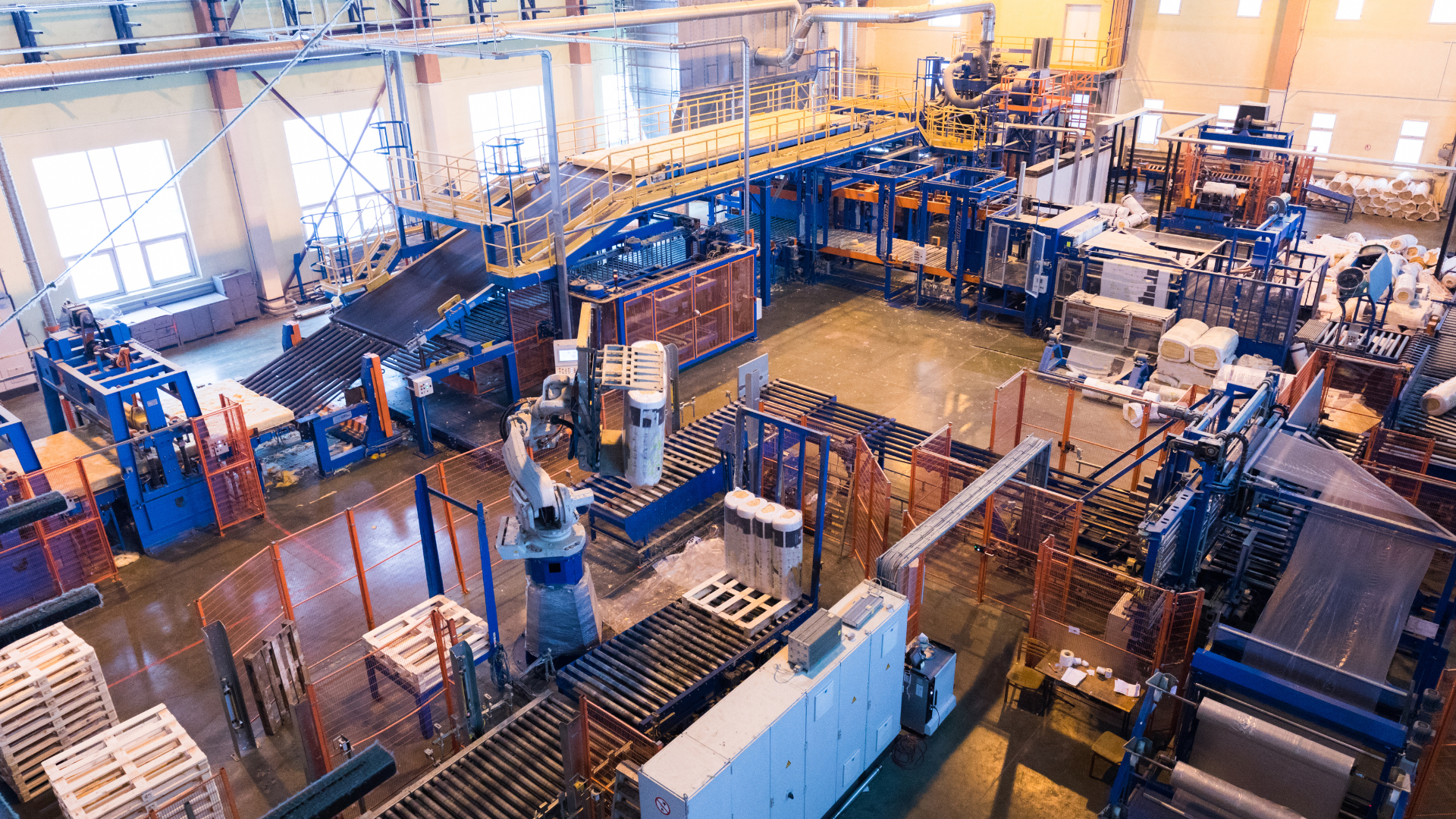Logistics is an integral part of today’s supply chain. It takes significant time and resources to make parts, ship them to various warehouses, and ensure they’re delivered worldwide on time. Without it, manufacturers would be unable to keep up with their demand! This blog post explores logistics companies’ role in the manufacturing industry.
Overview of the Manufacturing Industry
The manufacturing industry is the backbone of many economies, providing critical goods and services. The logistics industry is a vital part of the manufacturing sector, responsible for moving materials and finished products between suppliers and customers. In recent years, the manufacturing industry has undergone a major transformation. Technology advancements have made it possible to produce more complex products with greater precision and lower costs. Plus, with the use of scada systems, real-time monitoring, data collection, and analysis have become much easier, which has increased the ability of manufacturers to create more efficient systems of production. This has led to a resurgence of manufacturing in developed countries and the rise of new manufacturing hubs in developing nations.
The globalization of the manufacturing sector has created new challenges for logistics companies. They must now be able to move goods quickly and efficiently worldwide. In addition, they must be able to manage supply chains that span multiple countries. Thanks to advances in transportation and communication technologies, logistics companies can now provide their customers with unparalleled service. They can also offer a wide range of value-added services, such as inventory management and just-in-time delivery.
The future looks bright for both the manufacturing and logistics industries. As manufacturers expand their operations globally, they will need ever-more efficient and reliable logistics partners to help them move.
The Production Process
The production process is the most crucial part of any manufacturing business. It is the process of converting raw materials into finished products. Many manufacturing companies that produce electronic components, medical devices, and aerospace parts need to be particularly careful at this step of the process, as all of the fixings need to come together properly.
The Production Process can be divided into three main stages:
- Raw Material Preparation: This stage involves the preparation of the raw materials that will be used in the production process. This includes cleaning, cutting, and measuring the raw materials.
- Production: This stage is where the product’s actual manufacturing occurs. This includes tasks such as assembly, welding, and painting.
- Quality Control: This final stage ensures that the finished product meets all quality standards before it is shipped to the customer. This includes tasks such as testing, inspection, and packaging.
These processes in manufacturing can be upgraded and sped up with the help of automation and robotics, which can help a production unit to maintain the quality of the products and improve its services with technology. A manufacturing business could consult an automation parts and components supplier, perhaps one like EU Automation, to access the control equipment catalog, including PLC systems, servo drives, HMIs, encoders, soft starts, among many others.
While technology and automation enable major advancements in manufacturing capabilities and quality control, the expertise and skills of human workers remains invaluable. A manufacturing facility relies heavily on experienced technicians, engineers, quality control specialists, and equipment operators. Their knowledge and competencies related to materials, mechanical processes, troubleshooting, and safety protocols drive overall productivity.
As such, hiring skilled and reliable workers is a top priority. Partnering with a reputable industrial staffing agency can make the process of recruiting, vetting, and onboarding qualified candidates much smoother. Whether needing additional manpower due to expansion or needing to fill a particular specialty role, manufacturers can benefit from hiring skilled and dedicated workers.
Role of Logistics in Manufacturing Process
In any manufacturing process, the role of logistics is to ensure that materials and products are moved efficiently and effectively between different locations. This can involve anything from raw materials being transported to factories to finished products being shipped to retailers.
Logistics plays a significant role in just-in-time (JIT) manufacturing, where goods are only produced when needed. Materials and components must be delivered promptly and without delays in this production system, as any hold-ups can disrupt the entire manufacturing process.
An efficient logistics operation can help improve a manufacturing business’s overall efficiency by reducing lead times and ensuring that finished products are delivered on time. It can also help to reduce costs, as companies can take advantage of economies of scale by consolidating orders and using more efficient transportation methods.
How Logistics Influences Manufacturing Process
Logistics is critical to the manufacturing process, as it ensures that raw materials and finished products are delivered to and from factories promptly and efficiently. Without a well-functioning logistics system, manufacturers would be unable to keep up with customer demand or meet production deadlines.
Logistics can influence the manufacturing process in many ways, from determining the most efficient route for raw materials to ensuring that finished products are delivered to customers on time. Manufacturers rely on logistics providers to streamline manufacturing processes and create and implement customized solutions that meet their specific needs.
The role of logistics in manufacturing has become even more critical in recent years as global supply chains have become more complex. With factories now located worldwide, goods can be transported quickly and efficiently between different locations. This is only possible with a well-functioning logistics system in place.
Manufacturing Logistics Solutions for the Future
Looking ahead, the logistics industry will need to find ways to adapt and evolve to remain competitive. One way it can do this is by investing in new technologies that can help streamline operations and improve efficiency.
Additionally, the industry must continue working closely with manufacturing companies to meet their needs. By working together, the logistics and manufacturing industries can ensure that production continues to flow smoothly, even in challenging times.
